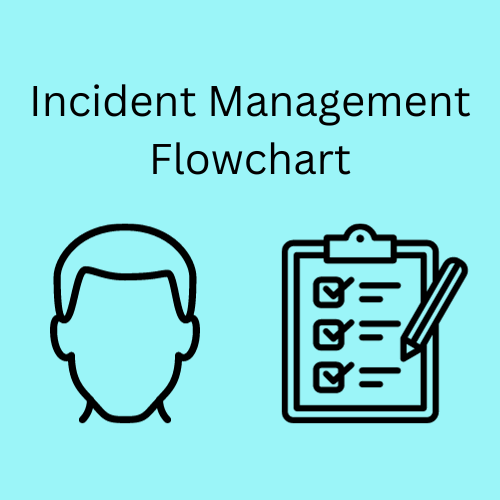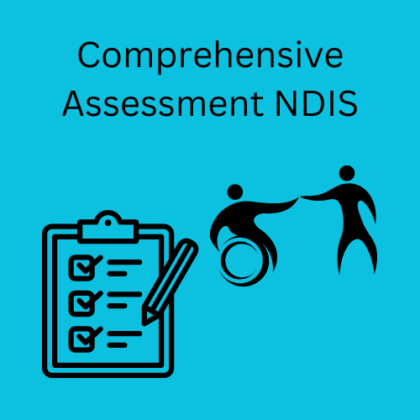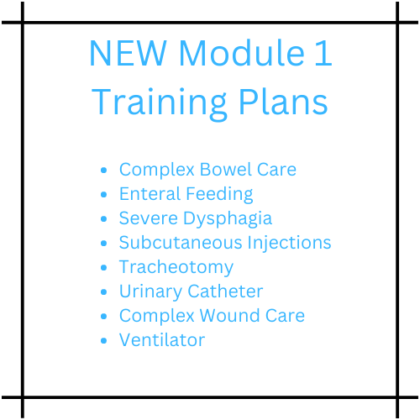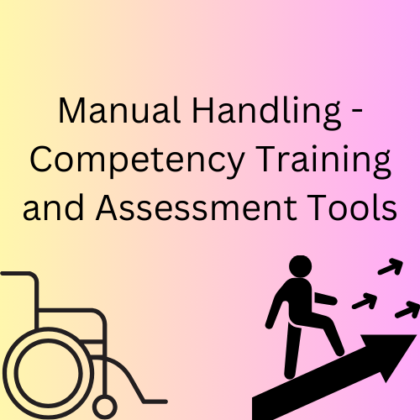Having an NDIS incident management flowchart that fully aligns with the NDIS Quality and Safety Standards offers numerous benefits for both NDIS providers and clients:
- Compliance Assurance: Ensuring that the incident management process aligns with the NDIS Quality and Safety Standards 2018 provides NDIS providers with confidence that they are meeting regulatory requirements. This reduces the risk of non-compliance and potential penalties.
- Consistency and Standardisation: A well-designed flowchart promotes consistency in incident management practices across different staff members and locations within the NDIS organisation. This standardisation helps maintain quality and efficiency in handling incidents.
- Client Safety and Satisfaction: By adhering to the NDIS Quality and Safety Standards, the incident management process emphasises practices that prioritise the safety, dignity, and rights of NDIS clients. This fosters trust and confidence in clients, leading to improved satisfaction with the services provided.
- Risk Mitigation: The flowchart can include steps and protocols aimed at identifying and mitigating risks associated with incidents. This proactive approach reduces the likelihood of adverse events or incidents that could impact the well-being of NDIS clients.
- Transparency and Accountability: A clearly defined incident management flowchart ensures transparency in how incidents are reported, investigated, and addressed within the organisation. This fosters accountability among staff members and management, promoting a culture of openness and continuous improvement.
- Efficiency and Timeliness: Having a structured flowchart streamlines the incident management process, reducing the time and resources required to address incidents promptly. This allows NDIS providers to respond more efficiently to client needs and concerns.
- Learning and Improvement: The incident management flowchart can serve as a tool for learning and improvement by facilitating the analysis of incident trends and patterns. This enables providers to identify areas for improvement in policies, procedures, and staff training to prevent future incidents.
- Positive Reputation: Demonstrating a commitment to robust incident management processes aligned with the NDIS Quality and Safety Standards enhances the reputation of NDIS providers. This can attract clients and stakeholders who value quality, safety, and accountability in disability support services.
In summary, aligning the NDIS incident management flowchart with the NDIS Quality and Safety Standards 2018 benefits NDIS providers by ensuring compliance, promoting consistency, enhancing client safety and satisfaction, mitigating risks, fostering transparency and accountability, improving efficiency, and supporting continuous learning and improvement initiatives.







What others are saying
There are no contributions yet.